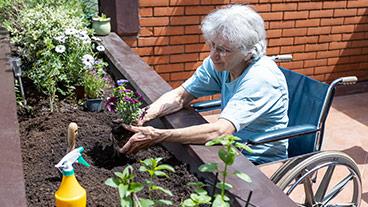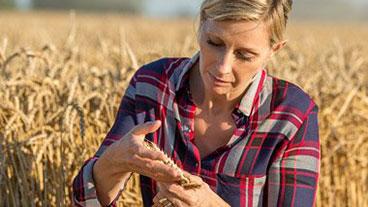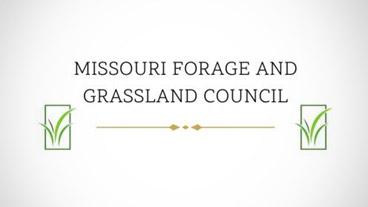Elevating livestock production by empowering every producer
Pearls of Production is an educational program developed by University of Missouri Extension to provide livestock producers with hands-on learning opportunities, practical training, and research-based support. Since its creation, the program has helped hundreds of participants expand their knowledge of animal health, farm management, safety, and production practices essential to running successful operations.
Originally established to address a gap in accessible, skills-based training for women producers, Pearls of Production has evolved into an inclusive, producer-focused initiative serving farms of all sizes, species, and experience levels. Today, the program welcomes anyone involved in livestock production who seeks high-quality, applied education.
Program approach
Pearls of Production emphasizes hands-on, real-world learning, offering participants the opportunity to practice livestock management techniques under the guidance of MU Extension specialists and experienced industry professionals. Session topics are aligned with Missouri’s major livestock sectors and evolving production challenges.
Training frequently includes:
- Animal health and wellness
- Nutrition and feeding strategies
- Biosecurity and disease prevention
- Reproduction and neonatal care
- Genetics and selection
- Forage systems and grazing management
- Equipment use and livestock handling safety
- In the shop topics and equipment maintenance
- Farm management and regulatory awareness
This applied approach ensures that producers leave with practical skills they can immediately put to use on their operations.
Program mission moving forward
As Missouri agriculture continues to evolve, Pearls of Production remains focused on delivering high-quality, inclusive, research-driven training opportunities for livestock producers. The program is dedicated to supporting the next generation of skilled, informed agricultural leaders – one hands-on experience at a time.


